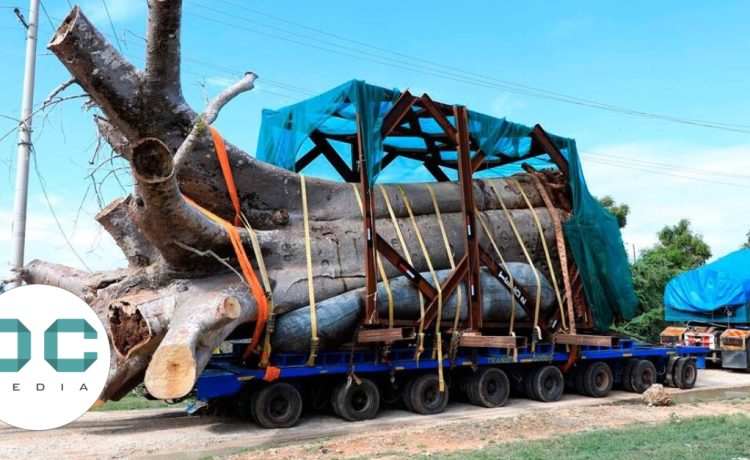The Kenyan government has halted the transportation and export of Kilifi baobabs to Georgia and ordered an investigation into how a foreign contractor received permission to transport the ancient trees out of the country.
Kenya’s president, William Ruto, ordered the Ministry of Environment and Forestry to investigate whether Georgy Gvasaliya had the proper licence to take the trees out of Kenya under the Nagoya protocol, an international agreement that governs the conditions for the export of genetic resources, which has been incorporated into Kenyan law.
The protocol requires communities to give prior informed consent to any exports, and an agreement between whoever is taking them, the government and the community, on how the benefits should be shared.
The move followed the Guardian’s report last month on growing concern over the uprooting and transportation of the trees from the Kilifi region, on the Kenyan coast, at a time when the country is trying to recover lost forest cover.
Kilifi has experienced the third-highest rate of tree-cover loss in Kenya over the last two decades. Baobabs can live for thousands of years, are drought-resistant and provide habitats for a number of species.
They produce fruit that contains high levels of vitamin C, antioxidants, calcium, potassium and fibre, and powder found in the fruit is used in smoothies and porridge. The bark has medicinal properties, and oil from the seeds is used in beauty products.







